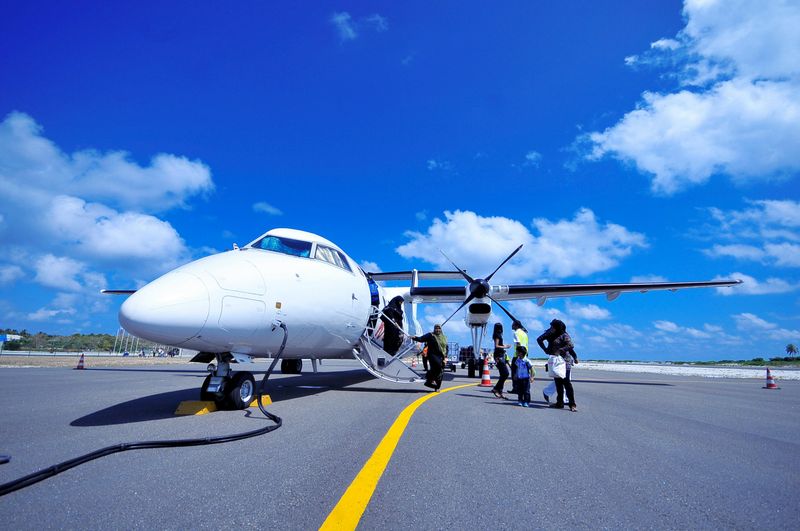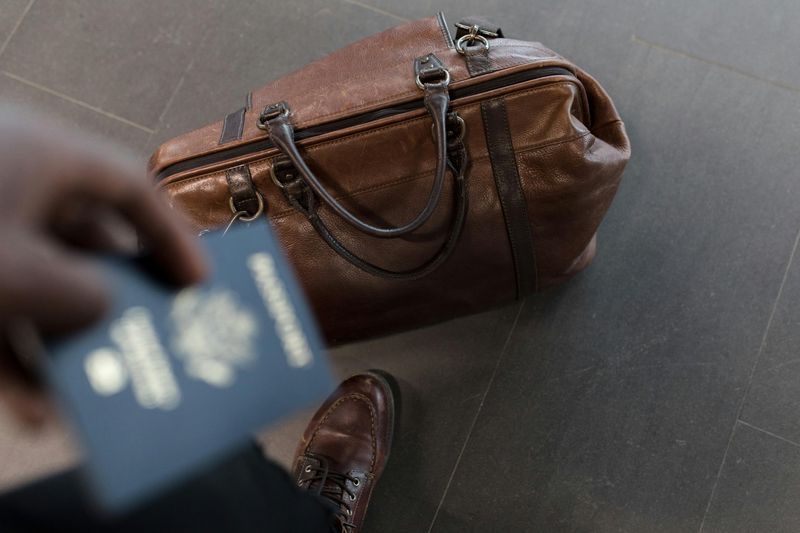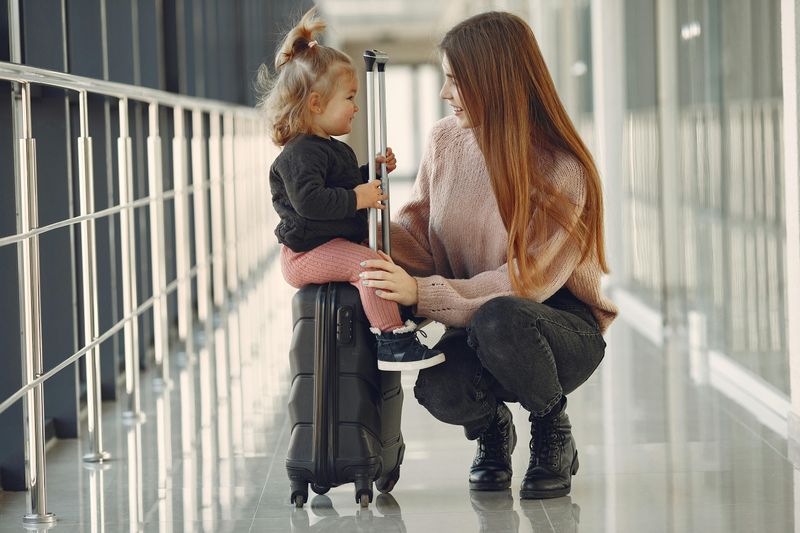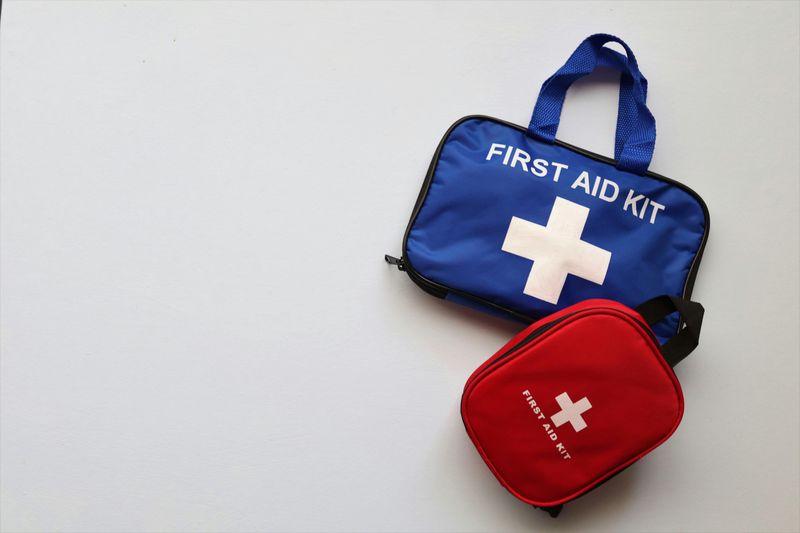Family vacations should be memorable for all the right reasons, but sometimes they become unforgettable for the wrong ones. Planning a trip with kids requires more than just booking flights and hotels. By avoiding common travel pitfalls, you can ensure your family adventure runs smoothly from start to finish.
1. Overpacking the Suitcases
The urge to bring everything “just in case” leads many families to struggle with excessive luggage. Dragging overstuffed bags through airports while managing excited children creates unnecessary stress before your vacation even begins.
Pack versatile clothing items that can be mixed and matched or washed in hotel sinks. Remember that most destinations have stores where you can purchase forgotten essentials. Consider the one-week rule: pack for seven days maximum, regardless of trip length.
2. Booking Back-to-Back Activities
Cramming too many attractions into each day sets unrealistic expectations and leaves no room for the unexpected. Kids get cranky, parents grow frustrated, and everyone misses out on truly enjoying the experience.
Schedule just one major activity daily, allowing plenty of downtime for rest, snacks, and spontaneous discoveries. Morning activities often work best when children are fresh and energetic. Build in buffer time between excursions for bathroom breaks, snacks, or simply watching the world go by.
3. Skipping Travel Insurance
“It won’t happen to us” thinking leaves families vulnerable when travel plans go awry. From sudden illnesses to flight cancellations, unforeseen circumstances can quickly derail your carefully planned family vacation.
Comprehensive travel insurance costs a fraction of your total trip budget yet provides invaluable peace of mind. Look for policies covering medical emergencies, trip cancellation, and lost luggage. For international travel, ensure medical evacuation coverage is included—those rare emergency flights home can cost tens of thousands of dollars.
4. Ignoring Kids’ Input on Planning
Parents often plan trips based solely on adult preferences, creating a disconnect with their children’s interests. Even young travelers have opinions about what makes a vacation fun, and excluding them from the planning process can lead to disengagement during the trip.
Give each family member—regardless of age—the chance to choose one activity or destination. Show older kids destination videos or picture books to build excitement. For younger children, describe experiences in ways they’ll understand: “This beach has sand perfect for building castles” connects better than “scenic coastline views.”
5. Forgetting Essential Documents
Nothing derails a family trip faster than reaching the airport without the necessary paperwork. Beyond passports, many countries require additional documentation for minors traveling with just one parent or grandparents.
Create a digital and physical document folder containing everyone’s identification, reservation confirmations, and medical information. For international travel, research entry requirements months ahead—some countries require passports valid for six months beyond your stay. When traveling with children and divorced/separated parents, bring notarized permission letters from the absent parent.
6. Neglecting Meal Planning
Hungry children transform quickly from happy travelers to cranky companions. Families often underestimate how disrupted meal schedules, unfamiliar foods, or limited restaurant options can impact their trip experience.
Research family-friendly dining options near your accommodations before arriving. Pack portable, non-perishable snacks that travel well in day bags. Book accommodations with kitchen facilities for occasional home-cooked meals that provide comfort and save money. Consider booking restaurant reservations for dinner in tourist hotspots where wait times can stretch beyond a child’s patience threshold.
7. Choosing Inappropriate Accommodations
That charming boutique hotel might look perfect online but proves impractical with children in tow. Many families discover too late that their lodging lacks kid-friendly amenities or sufficient space for everyone to decompress after busy days.
Prioritize accommodations with separate sleeping areas, allowing parents some evening downtime after kids are asleep. Consider apartment rentals or suite hotels with kitchen facilities for flexible mealtimes. Location matters tremendously—staying within walking distance of major attractions eliminates transportation hassles with tired children at day’s end.
8. Underestimating Transportation Challenges
Getting from point A to point B with children requires more planning than solo travel. Families frequently miscalculate transit times, overlook car seat requirements for rentals, or book flights with tight connections that become nightmarish with little ones in tow.
Choose direct flights whenever possible, even if slightly more expensive. Research public transportation child policies at your destination—many European cities offer family travel cards. For road trips, plan stops every two hours for bathroom breaks and energy release. Consider pre-booking airport transfers with car seats to eliminate arrival day stress.
9. Forgetting to Pack First-Aid Supplies
Minor medical issues become major headaches when you’re away from home. Finding open pharmacies in unfamiliar locations while caring for an uncomfortable child adds unnecessary stress to family vacations.
Assemble a compact travel medical kit containing children’s fever reducer, band-aids, motion sickness remedies, and any prescription medications. Bring copies of prescriptions using generic drug names for emergency refills abroad. Research how to say key medical terms in your destination’s language, saving precious time during minor emergencies.
Remember that familiar medications provide comfort when dealing with common travel ailments in unfamiliar surroundings.
10. Setting Unrealistic Expectations
Social media showcases picture-perfect family trips, creating impossible standards. Real family travel includes occasional meltdowns, weather disruptions, and moments when expensive attractions fail to impress young travelers.
Mentally prepare for imperfection and focus on creating memories rather than perfect photos. Discuss age-appropriate expectations with children before departing. Maintain flexible attitudes about weather changes or attraction closures by having backup plans ready.
Remember that kids often remember small moments—feeding ducks at a park or eating ice cream in a foreign country—more vividly than expensive tours or famous landmarks.










